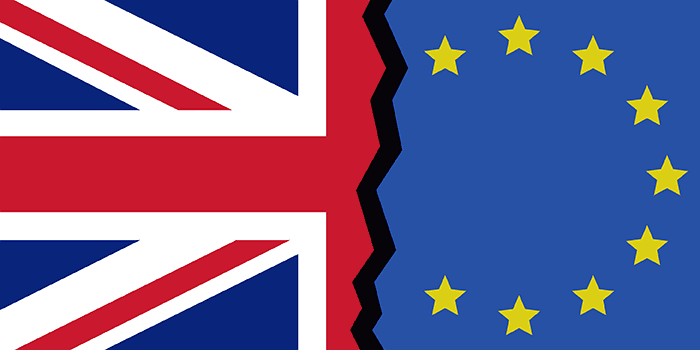We won't need to make EU payments / contributions.
We will have to pay tariffs instead.
Result: Neither
You might have been told about the £350 million a week going to the EU.
That does not consider the money we receive back.
Anyone outside of EU would need to pay tariffs to import and export goods to the EU.
If you take the £7.1 billion net contribution to the EU, it works out at 0.9% of public sector spending (source).
Or, you can compare it to the tax distribution:
Each UK household currently "sends" the EU £318.50 a year, going forward the effect on the "GDP per household" for the 3 alternatives include:
- £2,400 to £2,900 for EEA scenario.
- £3,200 to £5,400 for FTA.
- £3,700 to £6,600 for WTO rules.
For more information, start with the "Executive summary" on page 7 of the HM Treasury analysis: the long-term economic impact of EU membership and the alternatives, published April 2016.
Or for the explanation on why the £350 million a week is a lie:
The Office for Budget Responsibility forecasts the outlook for the UK economy and the public finances; these forecasts have been adopted by the chancellor as the government's own. They contain an allowance of almost £250 million per week - not £350 million - for funding that could in principle go to the NHS rather than the EU. But this would involve no state support for any other activities, such as subsidies for agriculture, that are at present funded in the UK by the EU.
The bigger picture is that the forecast health of the public finances was downgraded by £15 billion per year - or almost £300 million per week - as a direct result of the Brexit vote. Not only will we not regain control of £350 million weekly as a result of Brexit, we are likely to make a net fiscal loss from it. Those are the numbers and forecasts which the government has adopted. It is perhaps surprising that members of the government are suggesting rather different figures.
Carl Emmerson
Deputy director, Institute for Fiscal Studies.
If you disagree, or would like to add more details, please let me know.
You can suggest a reason for leaving the EU, or look at the other reasons.
